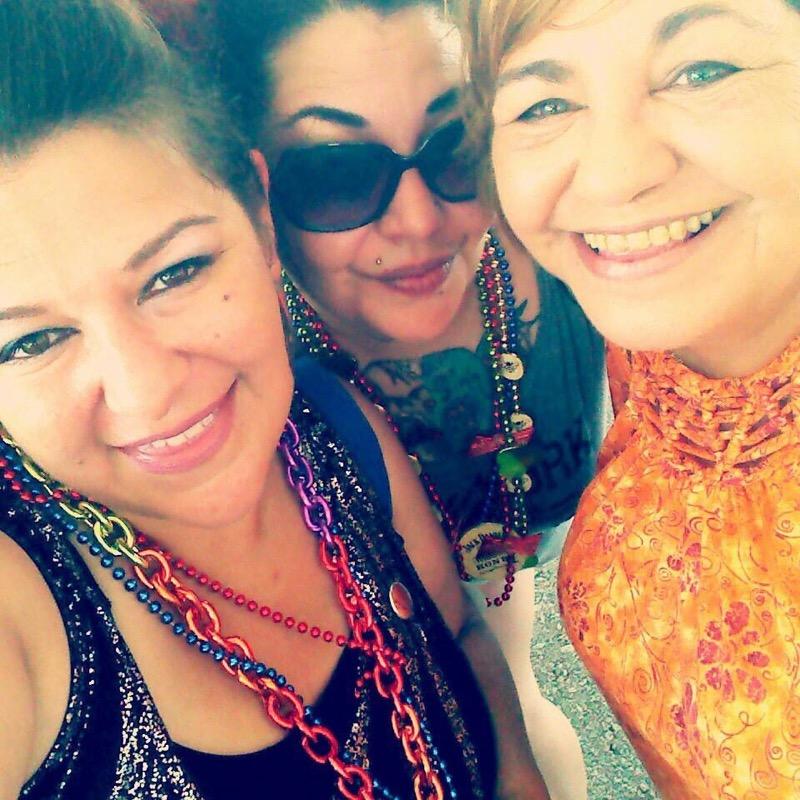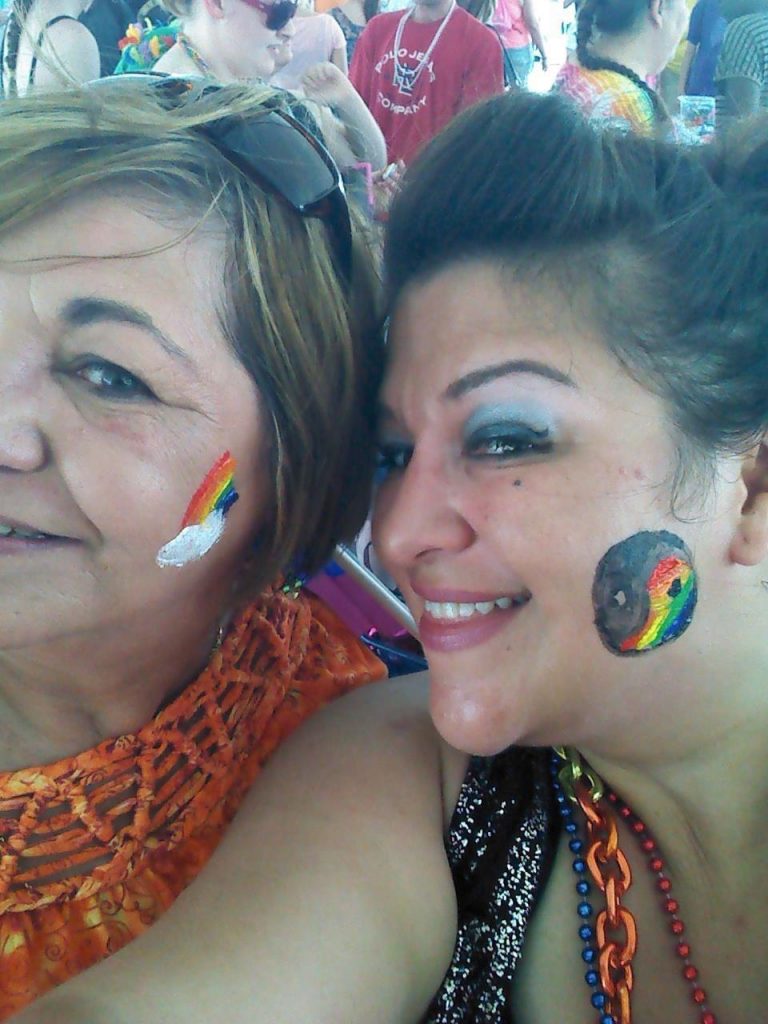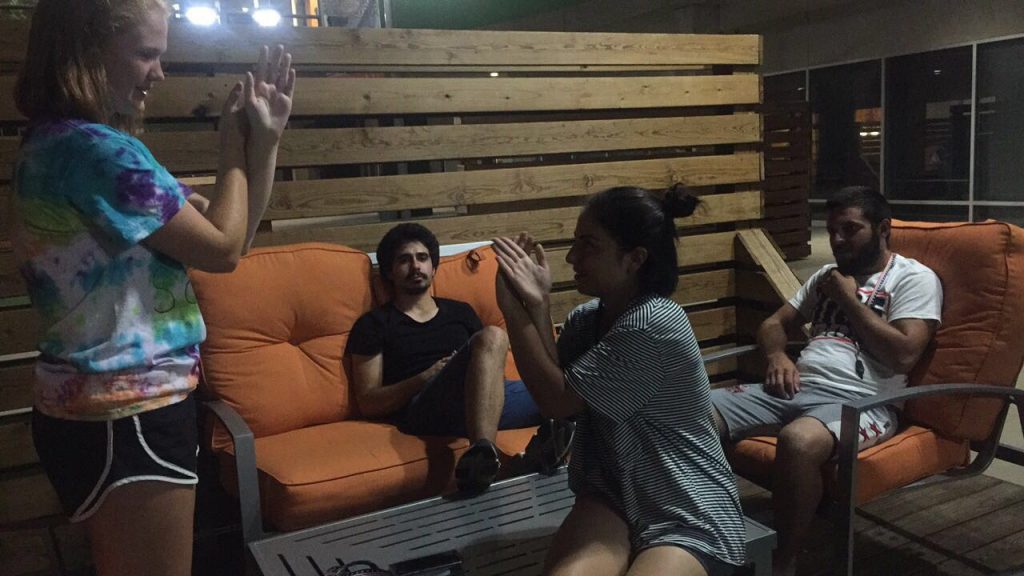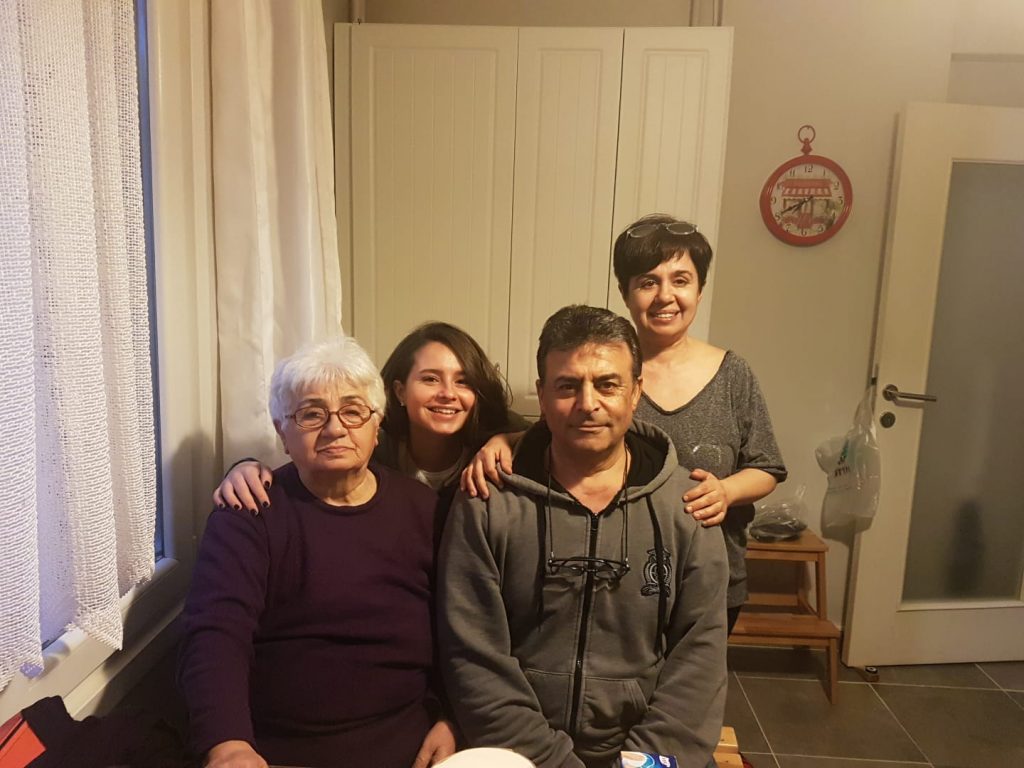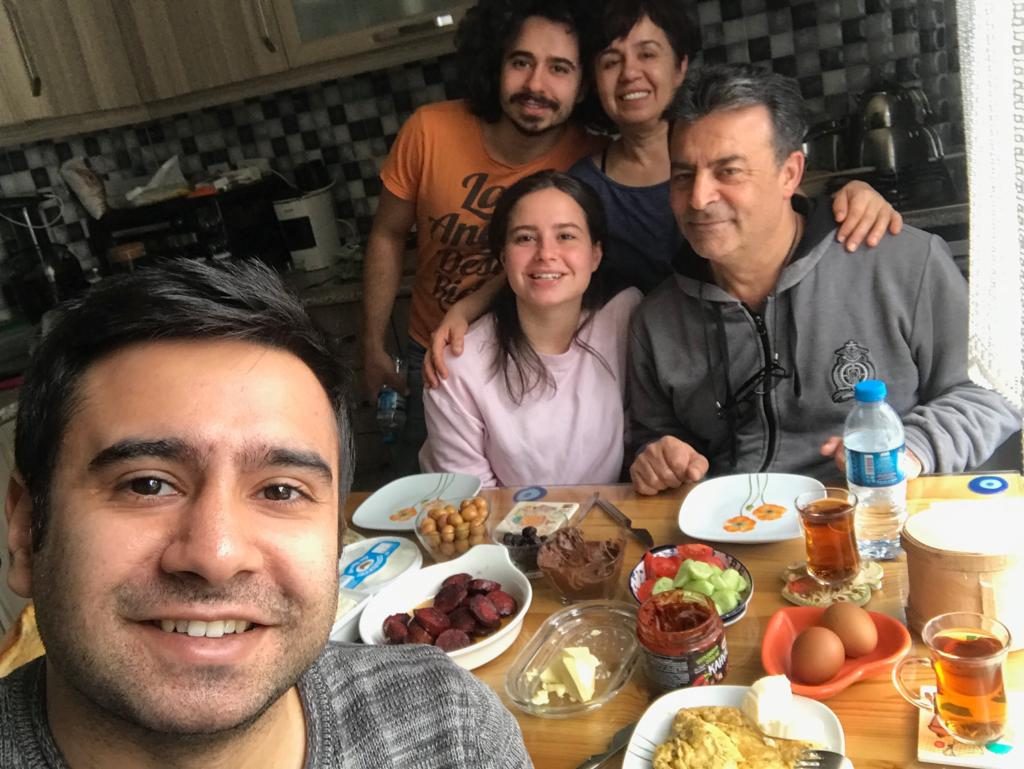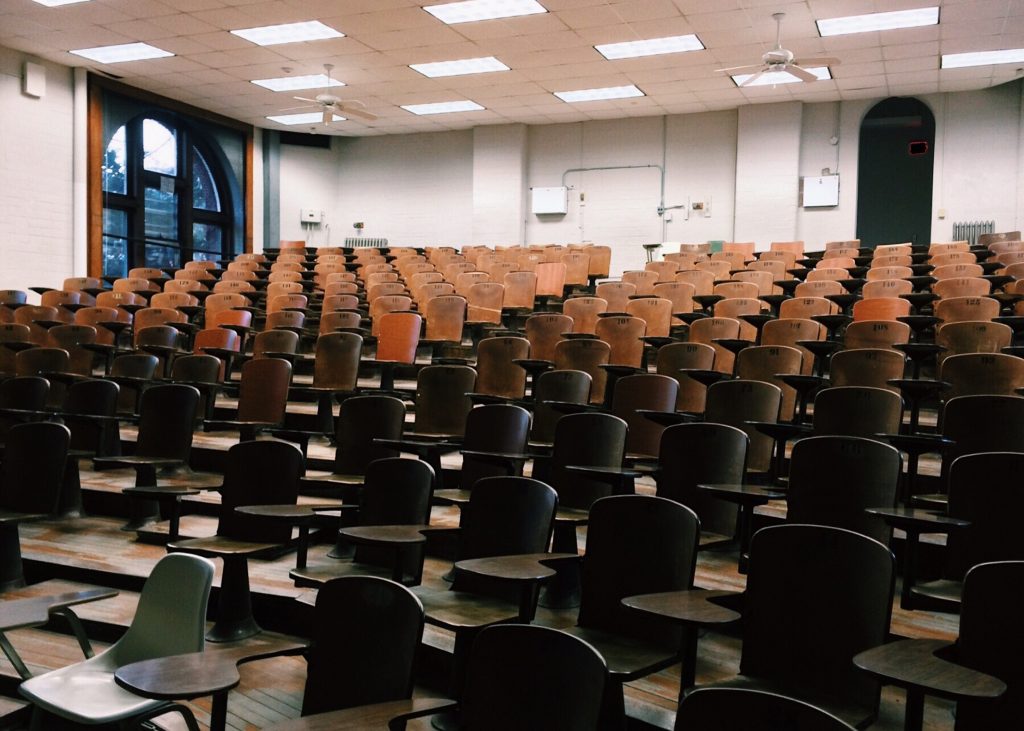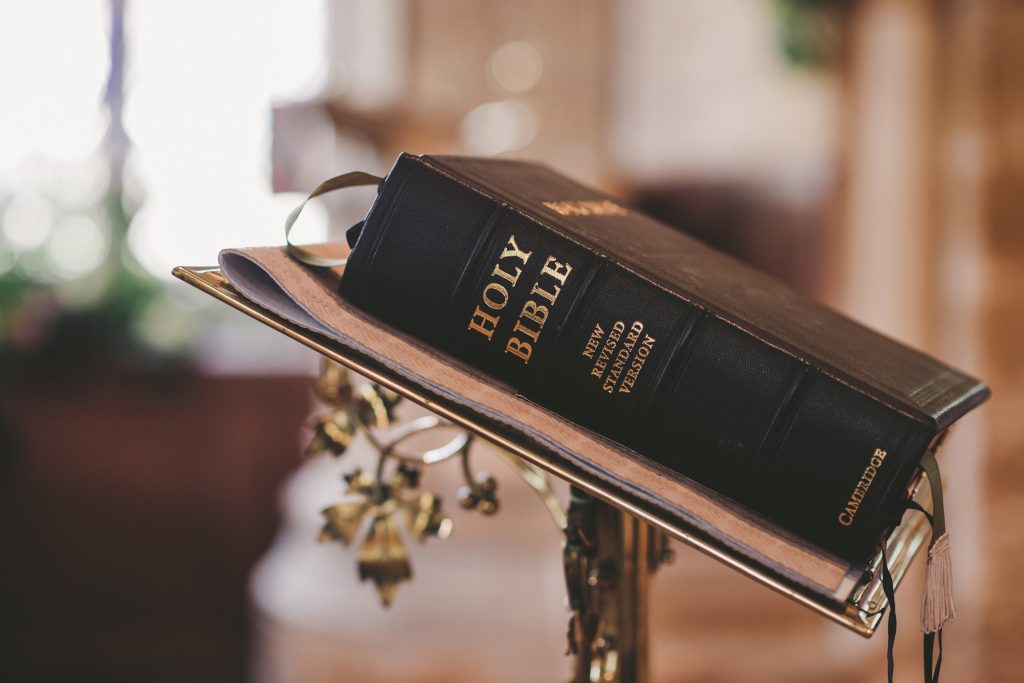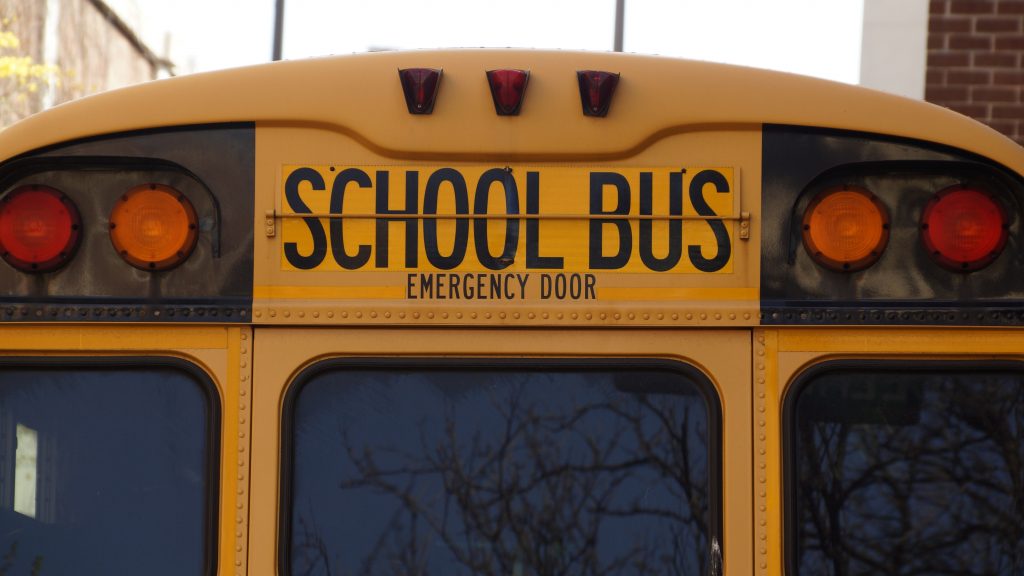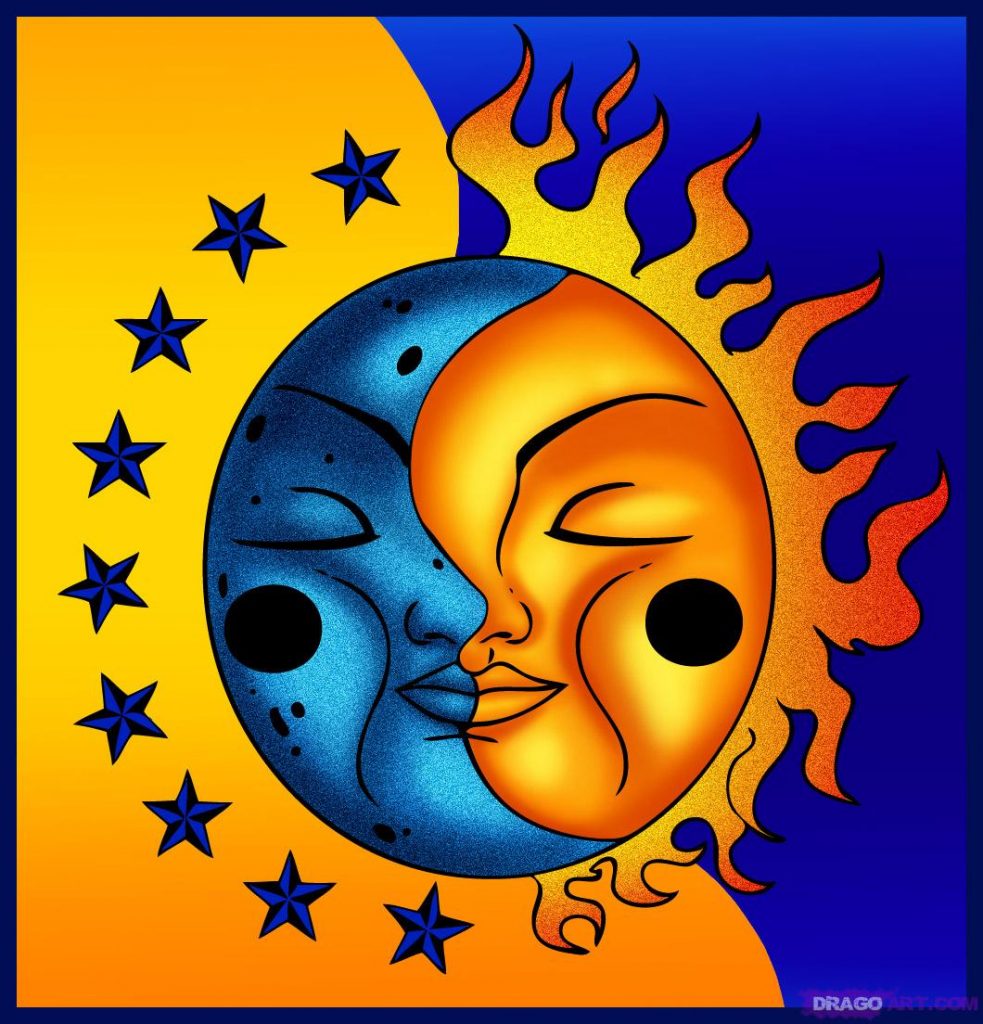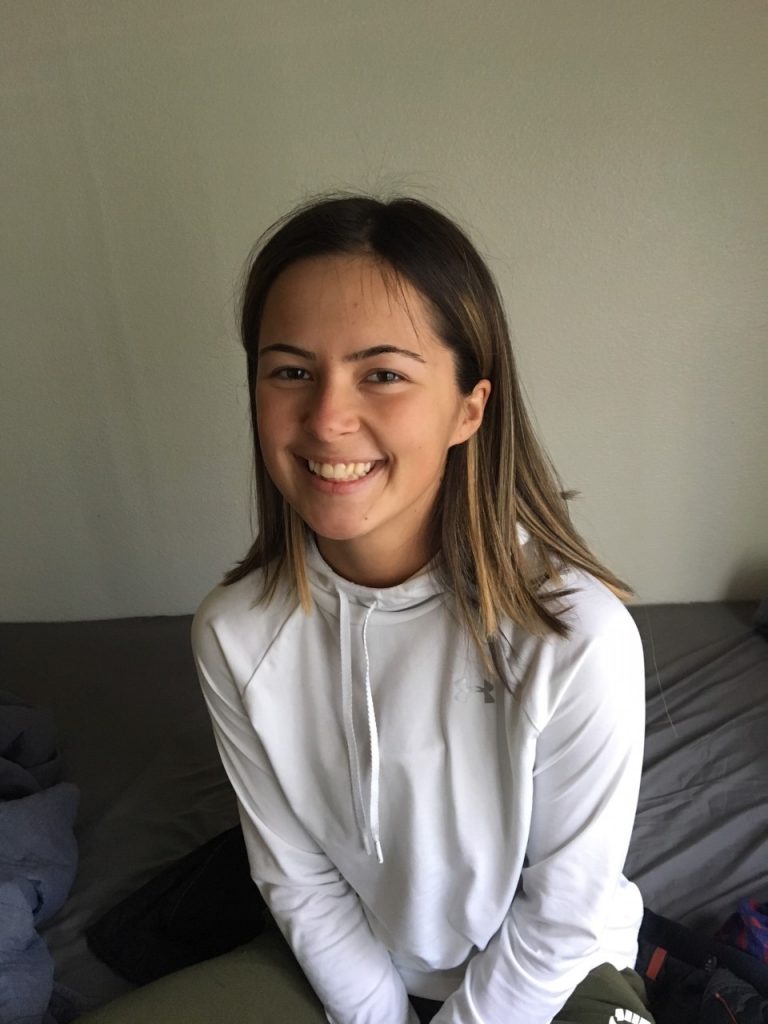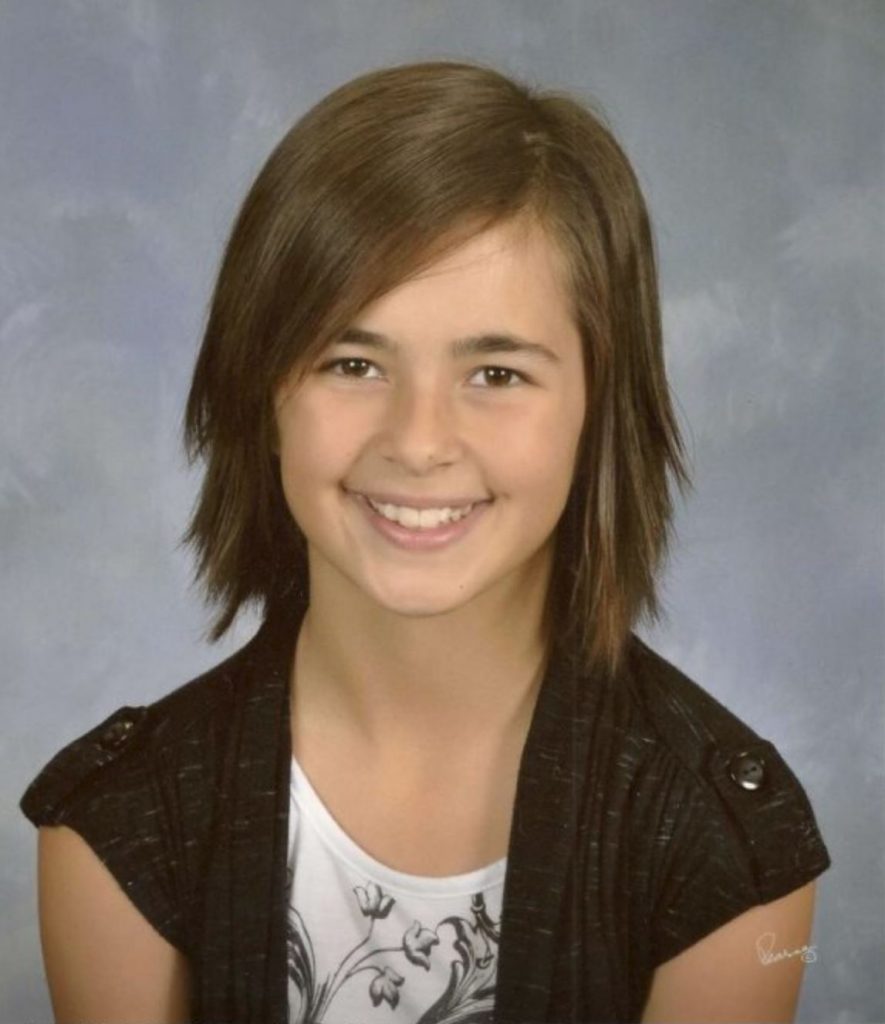As a Christian girl, I grew up in surroundings that were respectful to all kinds and types of religions, people, races, and ethnicities. However, I also grew up surrounded by the sometimes extremely exaggerated and unreal media on certain people who are targeted like the Muslims and Islam in general. I was raised believing that every religion has its own followers and that it is of personal choice as to what you take to believe in and follow, whether it was Judaism, Christianity, Hinduism, Islam, or even atheism. As I grew up, I realized that there were a lot of groups around me emerging to fight the actual definition of what Islam is, which is literally the word “peace”. Furthermore, I am going to take you on a journey in which I had the opportunity to interview a Muslim girl who has had both negative and positive experiences in response to what she believed in or what she had worn on her head. Also, it was interesting to me seeing what different people believed in and why. It was really interesting especially because I grew up being an atheist.
As soon as I knew we had to interview someone of opposite or, to be more clear, someone with a different set of characteristics, I knew what I was looking for immediately. I spotted someone that I came across in the hallway yesterday who happened to greet me very nicely and cheerfully. This someone happens to be in my class, and as far as I knew, she was a Muslim immigrant. I walked up to her and she immediately remembered me from our last time meeting each other. I wasn’t surprised when she greeted me in the same sweet way, so I proceeded with my question. “Would you mind if we became partners for the interview?” I asked. She happily agreed, so we went on talking about when was best for us to meet and interview one another. A week passed and it was finally time for me to ask all the questions I had running through my mind. I had a lot of questions that I wanted to be answered just out of curiosity and I didn’t want any of them to sound like I was trying to be rude or way too nosy. My best solution was to write them down in a decently professional manner so that both parties would be able to ask and answer with no tension or embarrassment in the atmosphere.
Of course, I went ahead and did a little bit of research a couple of days ahead from this meeting. According to Michael Lipka, an editorial manager of religion research at Pew Research Center, half of Muslim Americans say it has become harder to be Muslim in the U.S. in recent years. And 48% say they have experienced at least one incident of discrimination in the past 12 months. But alongside these reports of discrimination, a similar – and growing – share (49%) of Muslim Americans say someone has expressed support for them because of their religion in the past year. And 55% think Americans, in general, are friendly toward U.S. Muslims, compared with just 14% who say they are unfriendly. As a start, my first set of questions were about the place she was raised in and the kind of people she was around. My second set of questions included things like the choices she made growing up and whether any of them forced. I also told her to explain how girls or women are precisely treated since the media always portrays them as victims of male and societal oppression. Lastly, I wanted her to give me a brief explanation of why she migrated to the U.S.
She started off by telling me that she came to Kansas City to pursue an education; she was returning to Saudi Arabia after she gets her degree. Then she giggled as if she has already heard the rest of those questions and has seen them all before whether it was on social media, a newspaper, or has heard them on CNN. She started off by telling me that it is really unfortunate that the majority of people choose to overlook the actual meaning of Islam which is actually in the word “Islam” itself. Moreover, as I previously stated after I had done some research, it means peace, and that is what Huda told me. She continued explaining that back home in the middle east, she grew up in an extremely safe environment where they would hear of crime maybe once a year if any. She explained this is because what’s thought to be the actual reason behind all the prohibited things a Muslim shouldn’t come near. She stated, “In my country, you can’t find one store or restaurant that sells alcohol the same goes to weed and things of that sort.” She continued explaining how this is the main reason behind the extremely low crime rates, car accidents, and just unnecessary fights or arguments. She also told me about her childhood saying, “As a kid, I went to a school where we had clubs and I was able to join ballet class and a karate class which I attended with my two younger brothers.” Outsiders always have this idea that Muslim girls are only found in the kitchen but no, this is completely incorrect, as I grew up playing several sports and volunteering in multiple places like animal shelters and other organizations. When I grew up and felt like I was actually aware of everything around me in a sense that I am a fully-grown woman, I chose to wear the hijab, which is the cover worn or wrapped around a girl’s head. She explained why that is by saying, “I believe that a girl is like a diamond, she should keep herself safe and sound from all the eyes and desires out there for she is not a piece of meat (cheap). She continued telling me how because of that all my girlfriends always felt comfortable with the men around us in the malls or in public for no one ever tried sexually assaulting anyone. We are able to practice whatever thing we want to do such as driving or participating in whatever occupation we want as long as it serves the country, my family, and it doesn’t go against Allah’s teachings; the same is applied to the men as well,” she stated.
To conclude, this changed my perspective of how I used to see the women being treated in Eastern societies and it opened my eyes more to what was happening around us from injustice. All the groups emerging like ISIS, trying to ruin the reputation of Islam and the beautiful and pure teachings it has. The Islamic world wishes to live at peace with the West as well as the East. It wishes to devote its resources and energy to building a better life for its people based on the teachings of Islam and not to waste its resources in either internal or external conflicts. Finally, it seeks to create a better understanding of the West and to be better understood by the West. The destinies of the Islamic world and the West cannot be totally separated and therefore it is only with better and more respectful behavior that will help have them serve their own people more successfully and contribute to a better life for humanity.



